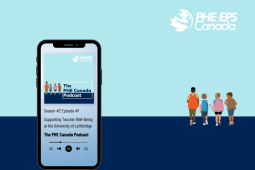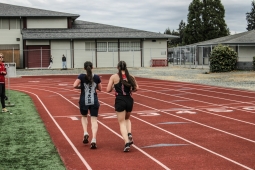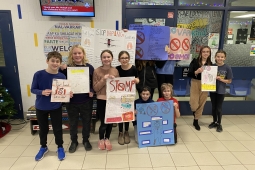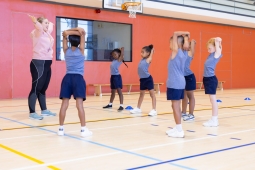Supporting Indigenous Youth - Learning about Culture and Identity
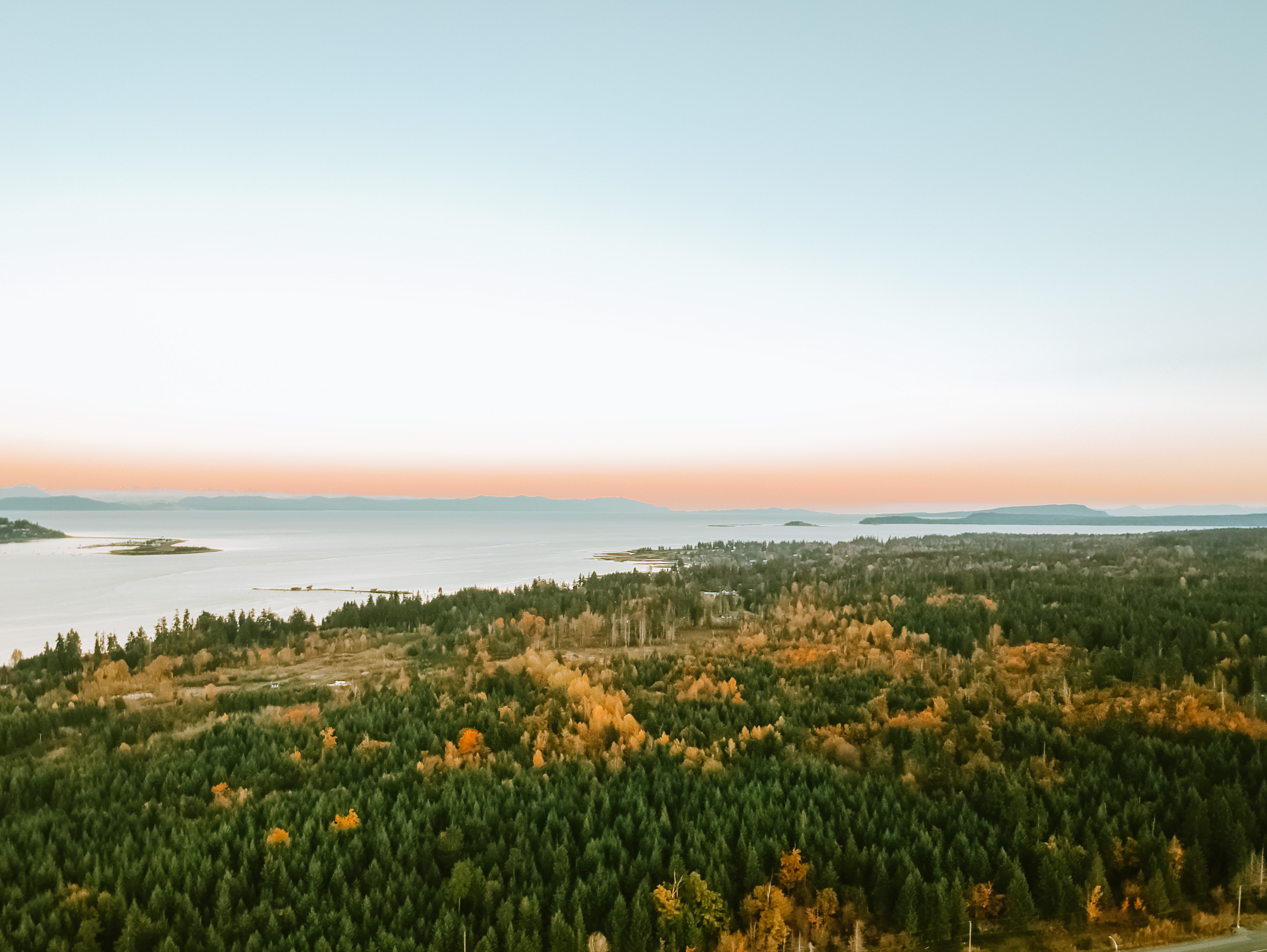
Supporting Indigenous Youth - Learning about Culture and Identity
Boozhoo,
My spirit name is Nimkii Giizis which translates to Thunder Day, but my English name and what I have been going by, for the majority of my life is Michael Cywink. I am currently a full time employee at the Centre for School Mental Health at Western University and I am also a part time student working towards a degree in First Nation Studies.
When I was a younger man growing up on Manitoulin Island, I felt a large disconnect to my culture and who I am as an Anishnaabe walking in this world. That was at no fault of my parents, but just being in an elementary public school where there was no visual representation amongst the staff, the other students and in the hallways made it difficult to carry any kind of cultural pride or identity. As I started to get a little bit older I felt like there was something missing in my life, a piece of the puzzle that just wasn’t there. I was very active in the community, played lots of sports, did art projects here and there, so I was pretty busy and had different things to occupy my time and help me grow. Fast forward a couple years and I ended up in London, Ontario working with Indigenous youth in my current position and that’s when I realized what it was. I realized that the piece of the puzzle that was missing, was the spiritual side of who I was and who I am. I know that’s the missing piece because I see it every day in the youth who I work with.
My official title at Western University is program liaison/student mentor and I work with Indigenous youth within the Thames Valley District School board. I run leadership programs, mentoring programs, different camps, and provide culturally relevant opportunities for students to grow and learn about who they are in this world. The program I run is called the Fourth R and is a balance of cultural knowledge and teachings interwoven within a program about healthy relationships. I work with First Nation, Metis and/or Inuit students from grade seven to grade twelve. It is an extremely rewarding position and provides me the opportunity to not only help these students grow and be proud of who they are, but to help myself on this cultural path as well. Student empowerment and student voice is a component of my work. Being a teenager and navigating high school is not an easy thing, especially for an Indigenous student who hears and sees racism, stereotypes and experiences prejudice all the time in the media, in the hallways and anytime they pick up a smartphone. So being in this position where we can talk about those types of situations and how to deal with them is important for student success. Not just academic success either, but to help them navigate this life with their head held high and the importance of them carrying their traditions, customs and teachings close to their heart.
My job definitely has some tough days, but also has its great days. It’s like everything in life, you have to take the good with the bad. Helping break down stereotypes and empowering the current wave of students, helps blaze the trail for the next generation to come through, followed by the next, and the next. We have to keep fighting that good fight and helping each other along the way so that one day, those students don’t have to hear and see the ugly side of society and get judged before they even step a foot into the classroom.
On June 21st we celebrated Solidarity Day here in London, I did some painting with a group of high school students at Banting SS, then headed down to Wortley Village where they had a traditional showcase of dance, music, drumming and celebrating life. It was a beautiful day where my heart felt full and felt like everything was going to be ok. There were thousands of people in attendance, young and old, happy and free, native and non-native. And the furthest thing from my mind was the struggles, the pain and the hardships that the Indigenous people have suffered over the years. Now imagine if I experienced that feeling every single day? It’d be pretty amazing. My hope and my dream is that one day, our students get to experience that exact feeling on a daily basis.
Miigwetch (thank you) for reading,
-Thunder Day (Michael Cywink)



